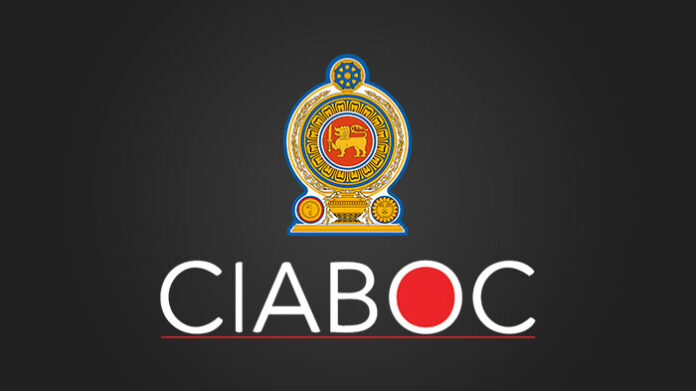October 04, Colombo (LNW): Sri Lankan authorities have launched a series of high-profile investigations targeting suspicious properties—including a hotel and several private residences—allegedly linked to public officials, under the country’s newly enacted Proceeds of Crime Act.
The move signals a significant shift in the nation’s approach to tackling corruption and illicit wealth.
Director General of the Commission to Investigate Allegations of Bribery or Corruption (CIABOC), Ranga Dissanayake, confirmed that at least four active inquiries are currently underway, with more expected to follow.
The Act, which came into force on 1 June 2025, empowers the state to seize assets that individuals cannot lawfully account for, even in the absence of a formal conviction.
“This is not like traditional criminal prosecutions where the burden is on the state to prove guilt beyond reasonable doubt,” Dissanayake said. “Here, if the state can demonstrate that an individual is in possession of property not commensurate with their declared income, it is up to the individual to establish its legitimate origin.”
Approved by Parliament earlier this year, the Proceeds of Crime Act is widely regarded as a milestone in Sri Lanka’s efforts to recover stolen public assets. The legislation enables authorities to trace, freeze, and confiscate illicit wealth through non-conviction-based procedures. It also facilitates international cooperation for locating assets stashed abroad, often through sophisticated laundering schemes.
Dissanayake noted that investigations under the new law focus more on the assets themselves than on individuals. “It’s a powerful shift. We can now disrupt the benefits of corruption even when criminal convictions are hard to secure due to lack of witnesses or procedural delays,” he said.
Recent operations have already led to the freezing of properties believed to have been acquired through corruption, with investigators assessing documentation, income declarations, and ownership histories. In some cases, individuals holding public office are reportedly unable to provide credible explanations for the scale of their wealth.
The Director General further urged the public to come forward with information, reminding citizens that failure to report knowledge of suspicious or unexplained assets is, under the new legislation, itself a punishable offence.
Meanwhile, separate police operations targeting organised crime have resulted in the seizure of assets estimated at Rs. 4.5 billion. These include residential and commercial properties, luxury vehicles, land plots, cash holdings, jewellery, and even vessels—confiscated under the provisions of the Money Laundering Act.
Anti-corruption advocates, including Transparency International Sri Lanka (TISL), have welcomed the implementation of the Proceeds of Crime Act, calling it essential for dismantling entrenched networks of grand corruption. TISL noted that the law focuses on stripping away the financial incentives for corruption, ensuring that stolen public funds are returned to the state and, ultimately, to the people.
